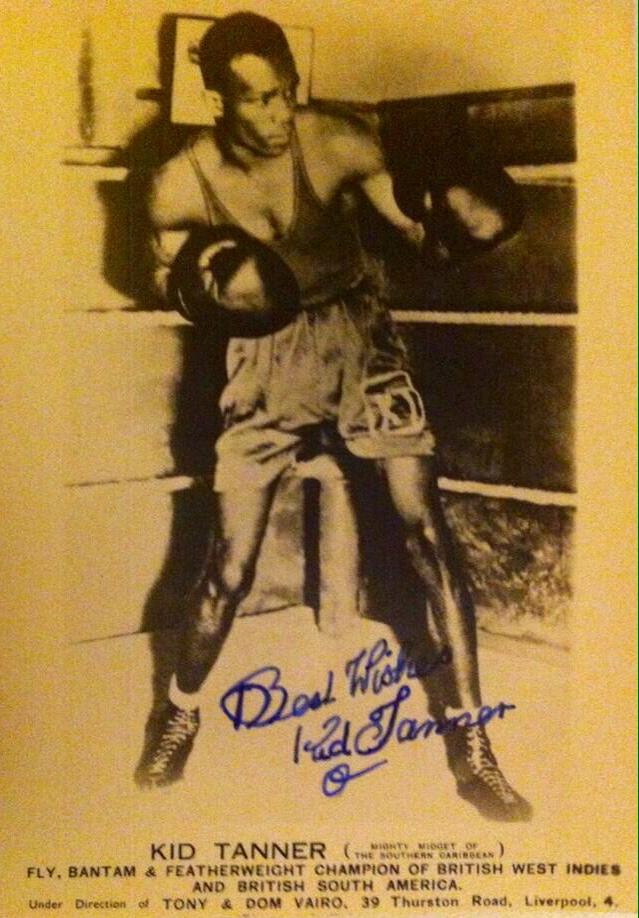Did you know Black boxers were banned from becoming British Champions until the 1940's?
Liverpool journalist and author, Gary Shaw, writes for us ahead of his free talk at the International Slavery Museum on 10 October for Black History Month, on the rise and role of the colour bar in British boxing:

Not a well-known aspect of sports history by academic, let alone popular historians, the rise and role of the colour bar in British boxing is a sorry tale of establishment resentment, colonial self-glorification and bureaucratic stubbornness that prevented a host of domestic fighters from competing for their own national titles as a professional due simply and sadly to the colour of their skin.
Introduced almost in a fit of transatlantic pique by the semi-aristocratic owners and members of the National Sporting Club that ran British boxing at the time, the ban, informal at first but effective nevertheless, ran from 1911 until 1947, when pressure from papers, public and even Parliament forced the British Boxing Board of Control to repeal a clause they had embraced unquestionably on their formation as the governing body of the sport in 1929.
For almost four decades, Britain was aligned with South Africa as the only countries in the world that prohibited black fighters from becoming national champions in their own country. The ban continued throughout the First and Second World Wars – the self-evident and tragic contradiction of the latter being one of the main reasons why calls for it to be repealed became so vociferous from 1944 onwards.
My presentation touches on all these aspects, showing how wider social, economic and political arguments were used to highlight both the reasoning behind the ban’s introduction, and the rationale for its eventual abolition. In so doing, I will showcase a number of key individuals who, up until now, have rarely been referred to by historians of Black culture in Britain as well as the wider, and ever expanding, sports historian network".
Find out more about Black History Month and our programme of free events throughout October.
